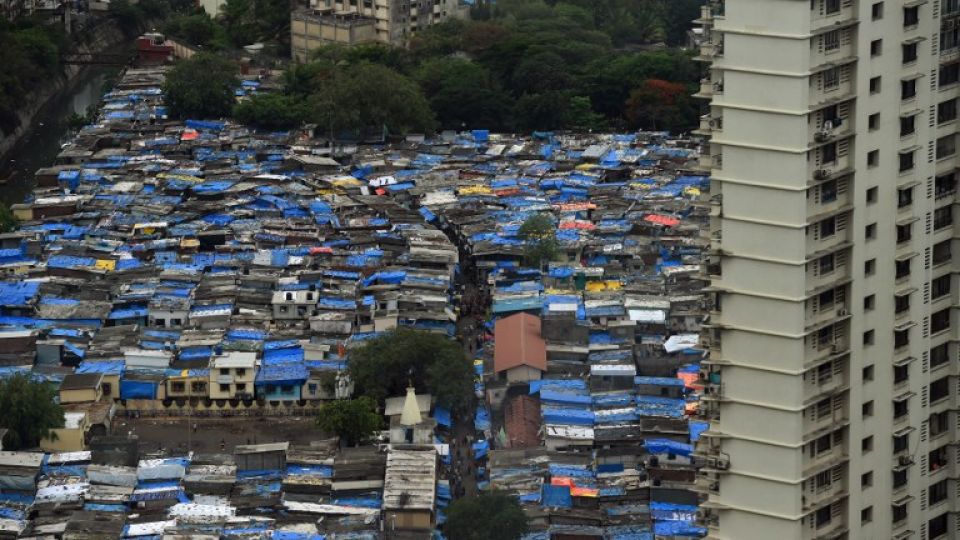February 20, 2018
India will be the global host of the World Environment Day on June 5 with Beat Plastic Pollution as the theme.
The World Environment Day is a UN Environment-led global event, the single largest celebration of the environment. Since it began in 1972, it has grown to become a global platform, and has encouraged people to take ownership of their environment and to actively engage in its protection.
This year’s edition urges governments, industry, communities and individuals to explore sustainable alternatives and urgently reduce the production and excessive use of single-use plastic that is polluting oceans, damaging marine life and threatening human health.
A study by the World Economic Forum claims that by 2025, there will be more plastic than fish in the oceans.
“[India] has demonstrated tremendous global leadership on climate change and the need to shift to a low carbon economy, and India will now help galvanise greater action on plastics pollution. It’s a global emergency affecting every aspect of our lives. It’s in the water we drink and the food we eat. It’s destroying our beaches and oceans,” United Nations Under Secretary-General and Head of UN Environment Erik Solheim said in a statement.
While Solheim called India an emerging global leader, India is among the top four biggest plastic polluters in the world, and, according to some reports, responsible for around 60 per cent of the 8.8 million tons of plastic dumped into the world’s oceans every year.
Last year, India’s National Green Tribunal banned disposable plastic such as cutlery and bags in the Delhi-National Capital Region. In the run-up to the event this year, pan-India plastic clean-up drives in public
areas, national reserves and forests and simultaneous beach clean-up activities will be organised.
Not Enough?
Scientist say that this effort, however, is not enough. Chandra Bhushan, Deputy Director General of Centre for Science and Environment told Asia News Network, “India is in deep trouble.”
“…we have had everything – heatwaves, floods, droughts, excess rainfall. India is not doing enough. I don’t think there is enough recognition of the gravity of the situation,” he said.
According to scientists, being a largely agricultural economy, India faces added pressure from the effects of climate change – with monsoons and other weather related incidents becoming increasingly unpredictable and common.
With most middle-class and urban-middle class Indians fiercely pursuing the “consumption path”, not enough people are really thinking about the environment and climate change. Overuse of plastic is the clearest indication of rapid growth belying the impact on the environment.
“The advantage is India still has very poor people who do not consume much, and therefore it has low emissions. This is the reason why an average Indian’s carbon footprint is much lower than an American’s,”
Bhushan said.
As India rapidly progresses and more people enter the middle class, eager for their share of the consumption culture that is in place, the government will have to do more to ensure that plastic is not a permanent problem.


